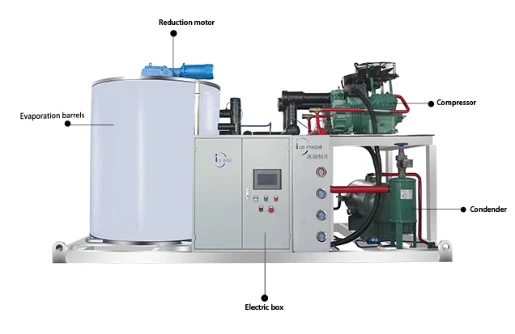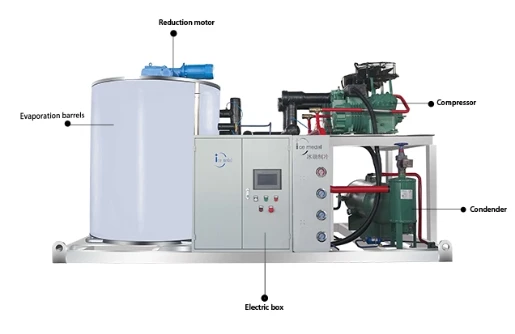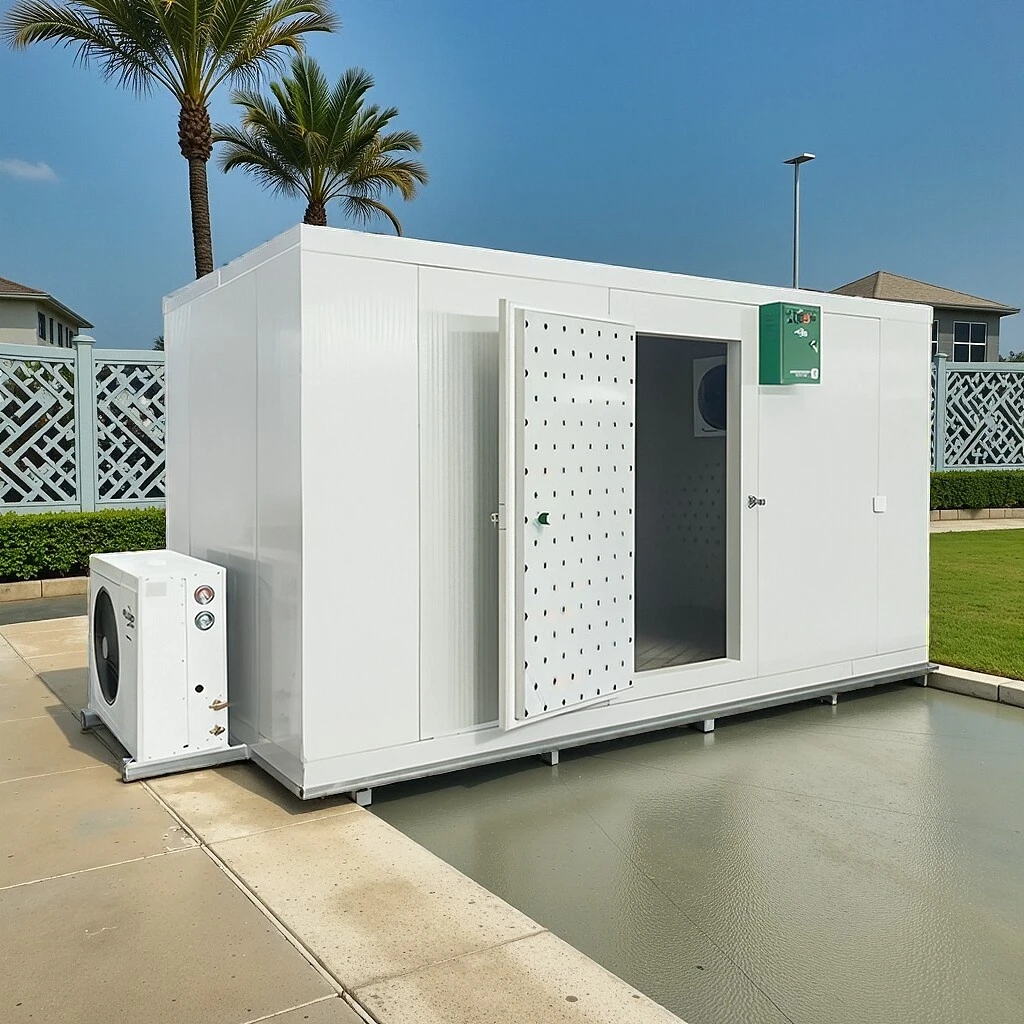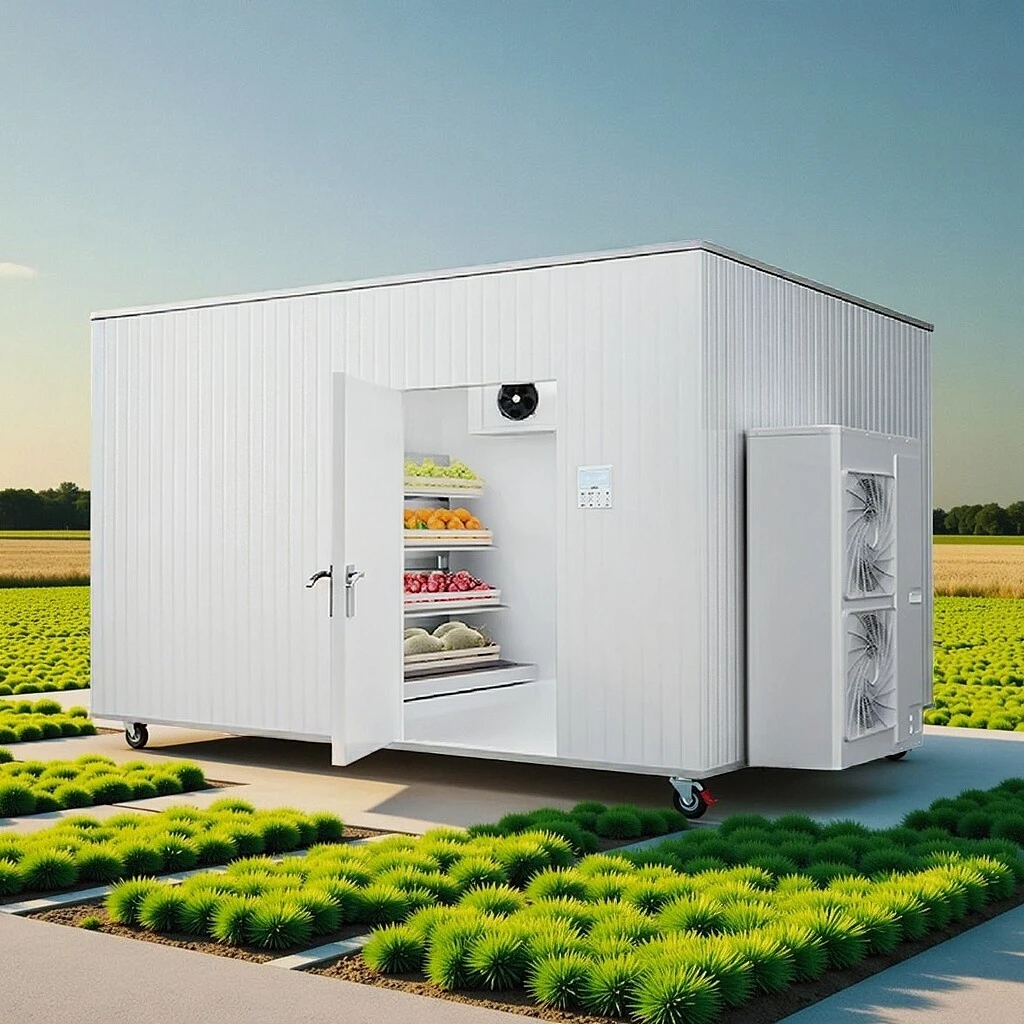custom industrial chiller price
Understanding the Pricing of Custom Industrial Chillers
In the realm of industrial cooling solutions, custom industrial chillers play a crucial role in ensuring optimal temperature control for various applications. These systems are particularly essential in industries such as manufacturing, pharmaceuticals, food processing, and more. However, one of the key considerations when investing in these cooling systems is their cost. This article aims to provide an overview of the factors influencing the price of custom industrial chillers, helping businesses make informed decisions.
What is a Custom Industrial Chiller?
A custom industrial chiller is a refrigeration system designed to remove heat from a liquid via a vapor-compression or absorption refrigeration cycle. Unlike standard chillers, custom units are tailored to meet specific requirements, such as cooling capacity, operating temperature ranges, and the physical space available within a facility. This customization often leads to a higher upfront investment compared to off-the-shelf solutions, but it can bring significant operational advantages.
Key Factors Influencing Price
1. Cooling Capacity The cooling capacity required for any application significantly affects the price of an industrial chiller. Higher capacity units need larger components, more powerful compressors, and increased energy consumption, all of which contribute to higher costs. Companies need to accurately assess their cooling requirements to avoid overpaying for unnecessary capacity or underestimating their needs.
2. Customization Requirements The extent of customization directly correlates with price. Additional features, such as dual-stage cooling, advanced control systems, or integration with existing HVAC systems, can increase costs. While customization can improve efficiency and performance, it is essential to evaluate whether the additional features are necessary for your operation.
3. Type of Chiller The choice between an air-cooled and water-cooled chiller also impacts pricing. Water-cooled chillers generally offer higher efficiency and lower operational costs, but they come with a higher initial price tag than air-cooled ones. Additionally, the necessity for cooling towers, pumps, and plumbing can contribute to the installation cost of water-cooled systems.
custom industrial chiller price

4. Energy Efficiency Energy-efficient chillers often come with a higher upfront price but can lead to significant savings in operational costs over time. Features that enhance efficiency, such as variable-speed drives and advanced heat exchangers, can further increase the initial investment but will reduce energy consumption and environmental impact.
5. Brand and Manufacturer Reputation The manufacturer’s reputation in the market can impact pricing as well. Established brands may charge more for their products due to perceived reliability, customer service, and quality assurance. However, investing in a reputable brand can often mean better long-term support and reduced maintenance costs.
6. Installation and Maintenance Costs The complexity of the installation process also plays a role in the overall cost. Custom systems may require specialized installation, which can add to the initial investment. Additionally, the anticipated maintenance requirements should be factored into the total cost of ownership. More complex systems might have higher maintenance needs that could lead to increased operational costs.
7. Market Trends and Material Costs External economic factors, such as supply chain constraints and fluctuations in raw material prices, can influence the cost of industrial chillers. Staying informed about market trends can help businesses anticipate price changes and budget accordingly.
Conclusion
The price of custom industrial chillers can vary widely based on several factors, including cooling capacity, customization levels, chiller type, and market conditions. For businesses looking to invest in a cooling solution, it is vital to assess both immediate and long-term needs. Conducting thorough research, seeking quotes from multiple suppliers, and evaluating not only the purchase price but the total cost of ownership will facilitate a well-informed decision.
Understanding these factors can pave the way for an effective investment in custom industrial chillers that not only meet specific operational requirements but also provide the best value over time. Thus, companies should take the time to assess their unique cooling needs and engage with manufacturers who offer both quality products and excellent customer service. Ultimately, the right chiller can enhance operational efficiency, reduce energy costs, and maintain optimal productivity in any industrial setting.






